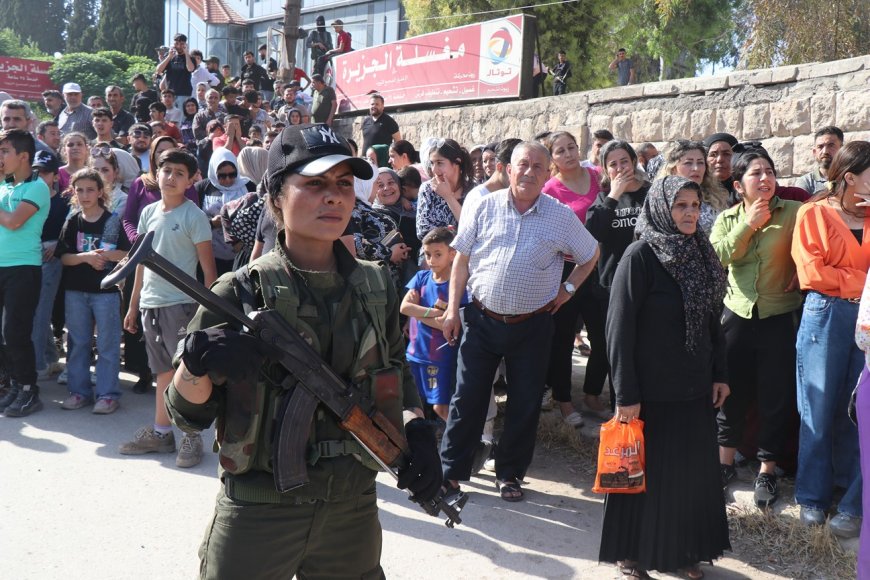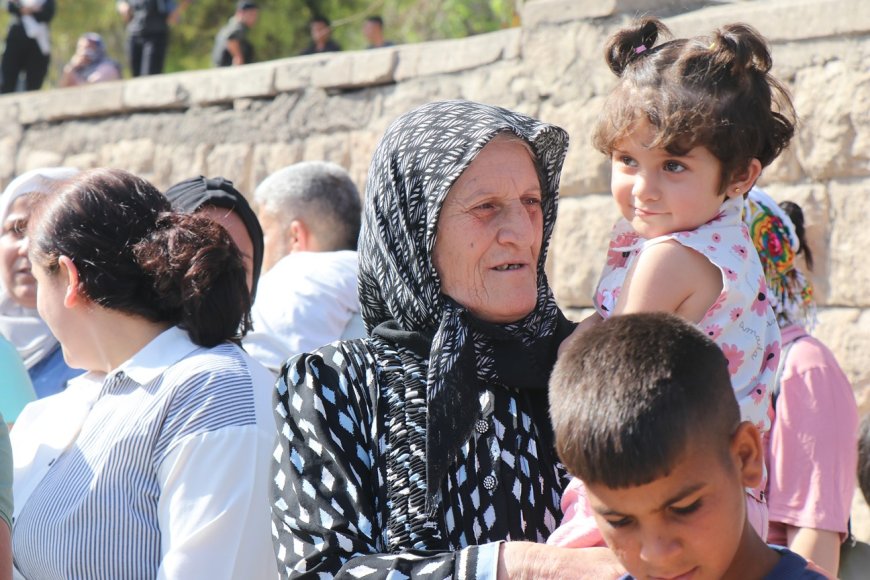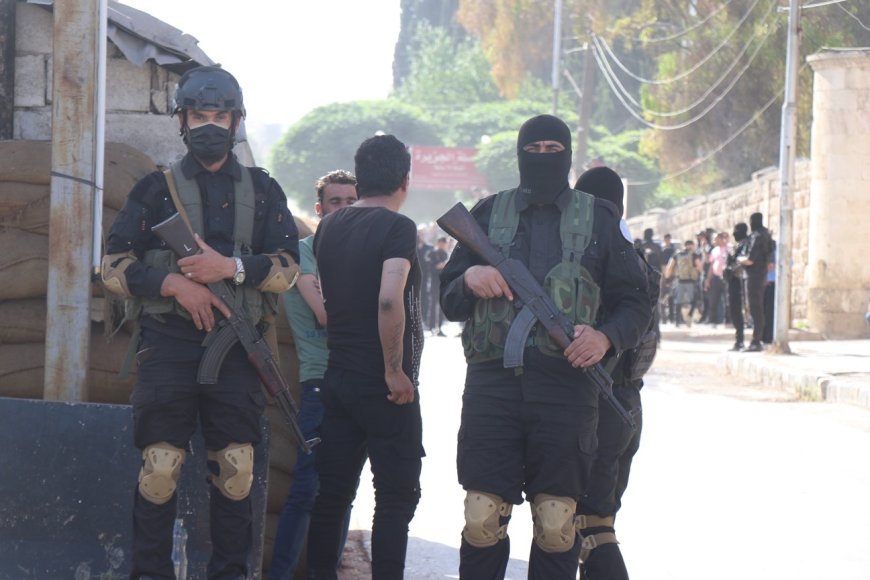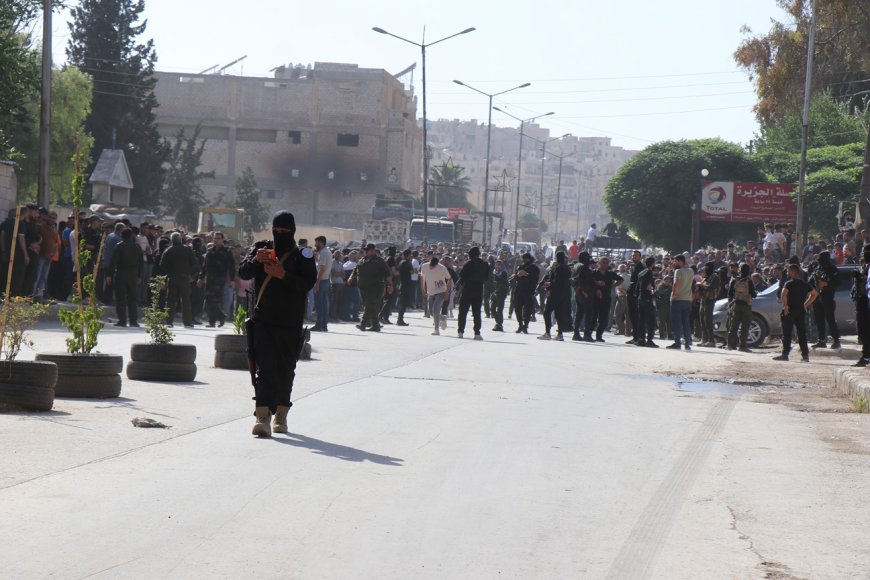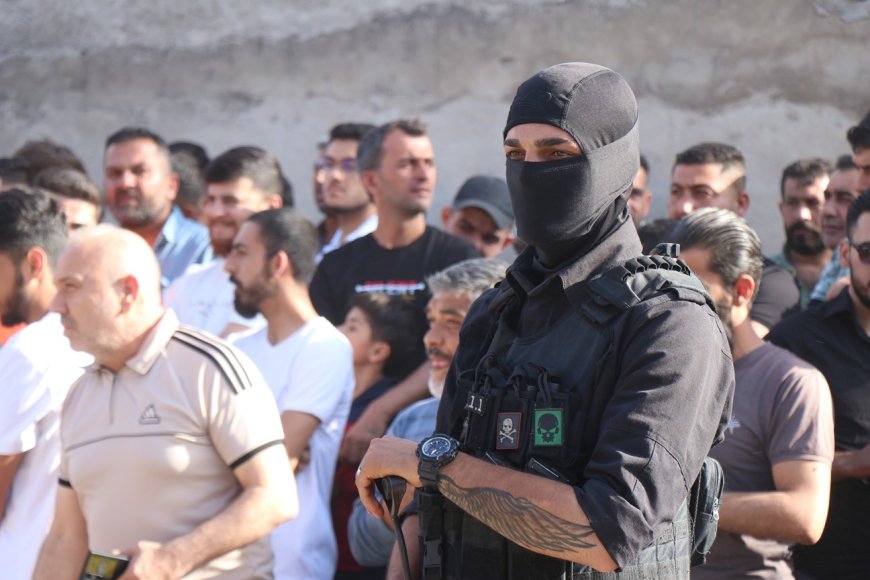Second Aleppo prisoner swap delayed: What went wrong?
The committee responsible for implementing the terms of the agreement signed with the Damascus authorities in Aleppo has announced the postponement of the second phase of the prisoner exchange scheduled for today.
The delay is attributed to several key reasons, most notably the refusal by the Damascus authorities to release female fighters of the Women’s Protection Units (YPJ), as well as other detainees. This was deemed a breach of core provisions of the agreement, particularly the clause pertaining to the full release of detainees—commonly referred to as “prison emptying.”
Details of the Postponement
In accordance with the agreement reached between the General Council of the neighborhoods of Sheikh Maqsoud and Ashrafieh and the Damascus authorities, which includes a provision mandating the full release of detainees from both parties, it was planned that each side would release detainees today. Specifically, 285 prisoners were to be released by the council, and 161 affiliated individuals were to be released by the Damascus side as part of the second exchange phase.
However, the implementing committee has confirmed that the exchange was delayed due to the Damascus authorities’ refusal to release detained female members of the YPJ, thereby violating one of the agreement’s central provisions.
Statement from the Council Leadership
In an exclusive interview with ANHA Agency, Hevin Suleiman, the Co-Chair of the General Council of Sheikh Maqsoud and Ashrafieh and a signatory to the draft agreement, stated that the postponement was a direct result of the Damascus authorities’ rejection of releasing the female YPJ detainees. She stressed that the agreement requires both parties to release all prisoners in their custody, and that the council had fully prepared to fulfill this obligation.
Suleiman further emphasized that the Damascus authorities have breached this obligation by selectively withholding specific detainees, especially female fighters, and asserted there is no legitimate justification for failing to comply with the agreement’s terms.
“The reason for the postponement is non-negotiable,” she said. “The Damascus authorities must proceed with the emptying of their prisons and ensure freedom for all detainees—first and foremost, the female fighters of the YPJ.”
Future of the Agreement
When asked about the future of the agreement, Suleiman clarified that the agreement has not been nullified and remains in effect, but its implementation continues to face significant obstacles—obstacles that, in her view, are being systematically created by the Damascus authorities.
Breach of the ‘Prison Emptying’ Clause
Qahraman Bakr, the official within the Internal Security Forces and the member of the committee tasked with implementing the agreement, pointed out that Clause 12 of the agreement explicitly calls for “prison emptying.”
“We successfully executed the first phase of the exchange two days after signing the agreement,” Bakr stated. “Based on the coordination between both sides, the second phase was scheduled to follow. However, the Damascus authorities disrupted the process by refusing to release the YPJ detainees.”
Bakr confirmed that, in addition to the YPJ members, there are other detainees whose release was also obstructed by the Damascus side.
He concluded, “Through these actions, the authorities have clearly violated the agreement. For our part, we were fully prepared to hand over their detainees without any complications. However, we remain unwavering in our demand: the complete and unconditional release of all prisoners must be fulfilled.”
a.k
ANHA








